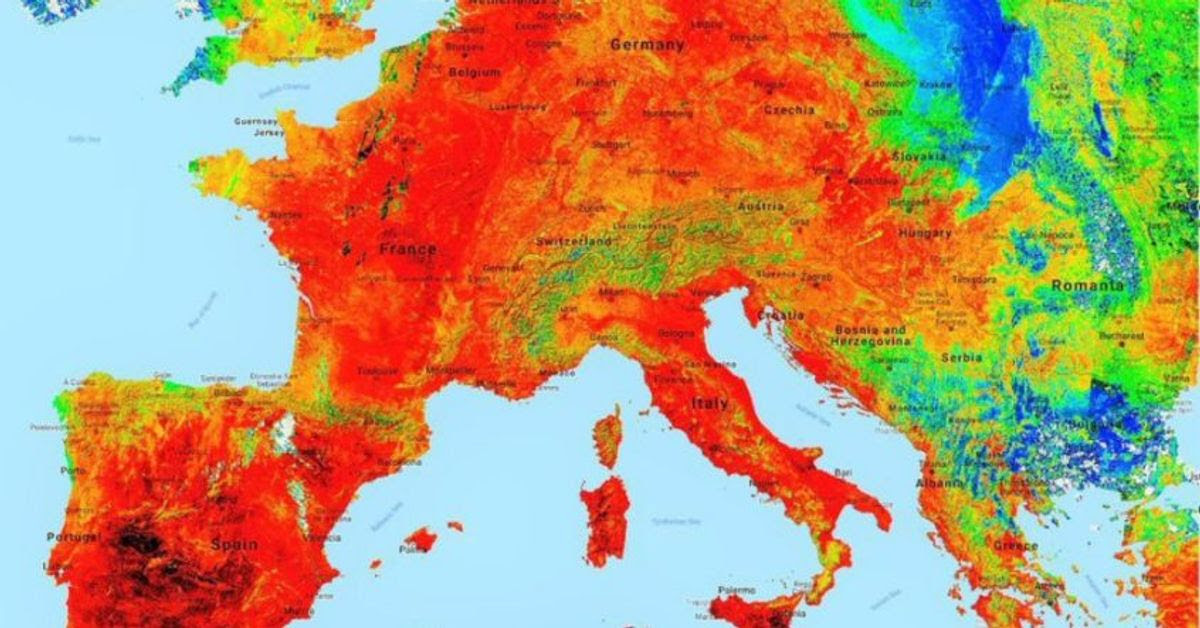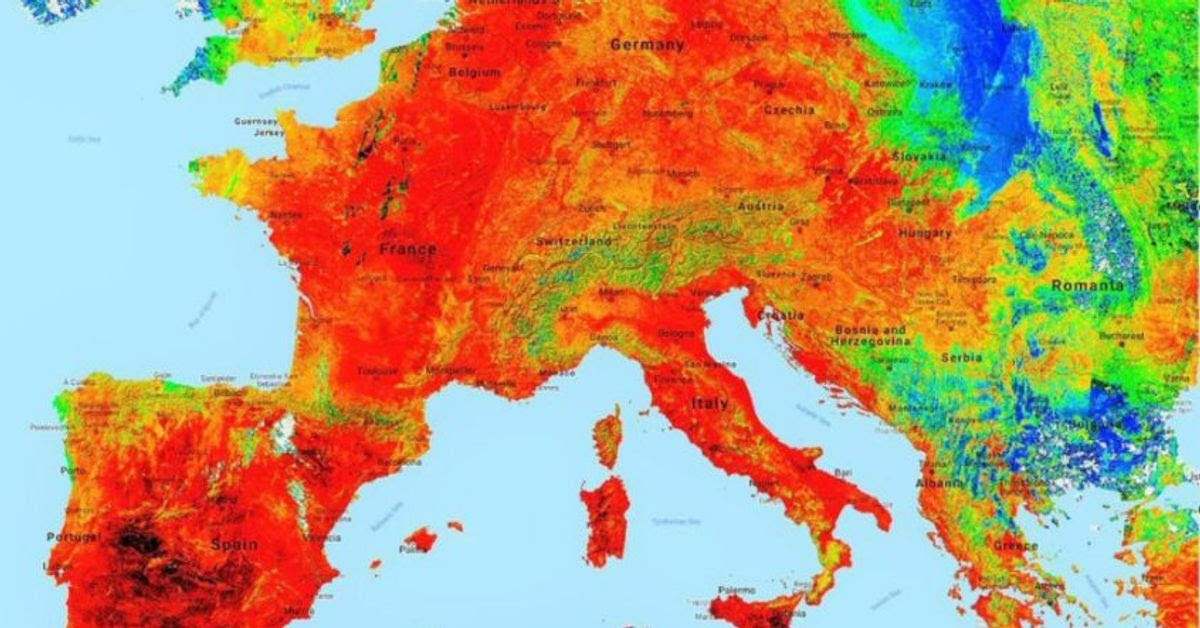
The service of Meteo France is concerned for the future and says, “Over the whole year, the temperature has reached 14.5 °C on average in France. 2023 is thus ranked first among the hottest years, far ahead of 2020, which held the record until now” and it adds. “2023 is a symptom of climate change in France. Remarkable, in the current climate, it could become ‘normal’ in 2050.”
2023 was also exceptionally dry, marked by a record 25% rainfall deficit. 2023 ranks as the 2nd least rainy year (since measurements began in 1959). All departments are concerned with a deficit of between 10% and 40%.
“The months of May 2023, with a deficit of 60%, and July 2023, with a deficit of 85%, are the driest ever recorded in mainland France since measurements began in 1959,” explains Meteo France.
France is like Europe and many other countries have experienced their warmest year. At the beginning of January, some national meteorological institutes have already delivered some figures concerning the temperature parameter. Here are some examples:

Spain: 2023, the hottest year since 1916
Belgium: 2023, the hottest year since 1833
Germany: 2023, the hottest year since 1881
Ireland: 2023, the hottest year since 1900
Switzerland: 2023, the hottest year since 1864
Italy: 2023, the hottest year since 1800
Slovenia: 2023, the hottest year since 1961
UK: 2023 warmest year since 1884 (provisional)
Austria: 2023, 3rd warmest year since 1768, in the lowlands (provisional)
Netherlands: 2023, 3rd warmest year since 1901.
Unfortunately, the European continent is the fastest-warming continent. Over the last 30 years, temperatures have risen more than twice as fast as the global average, with a warming of about +0.5 °C per decade. It is high time for Brussels to take strong action.




